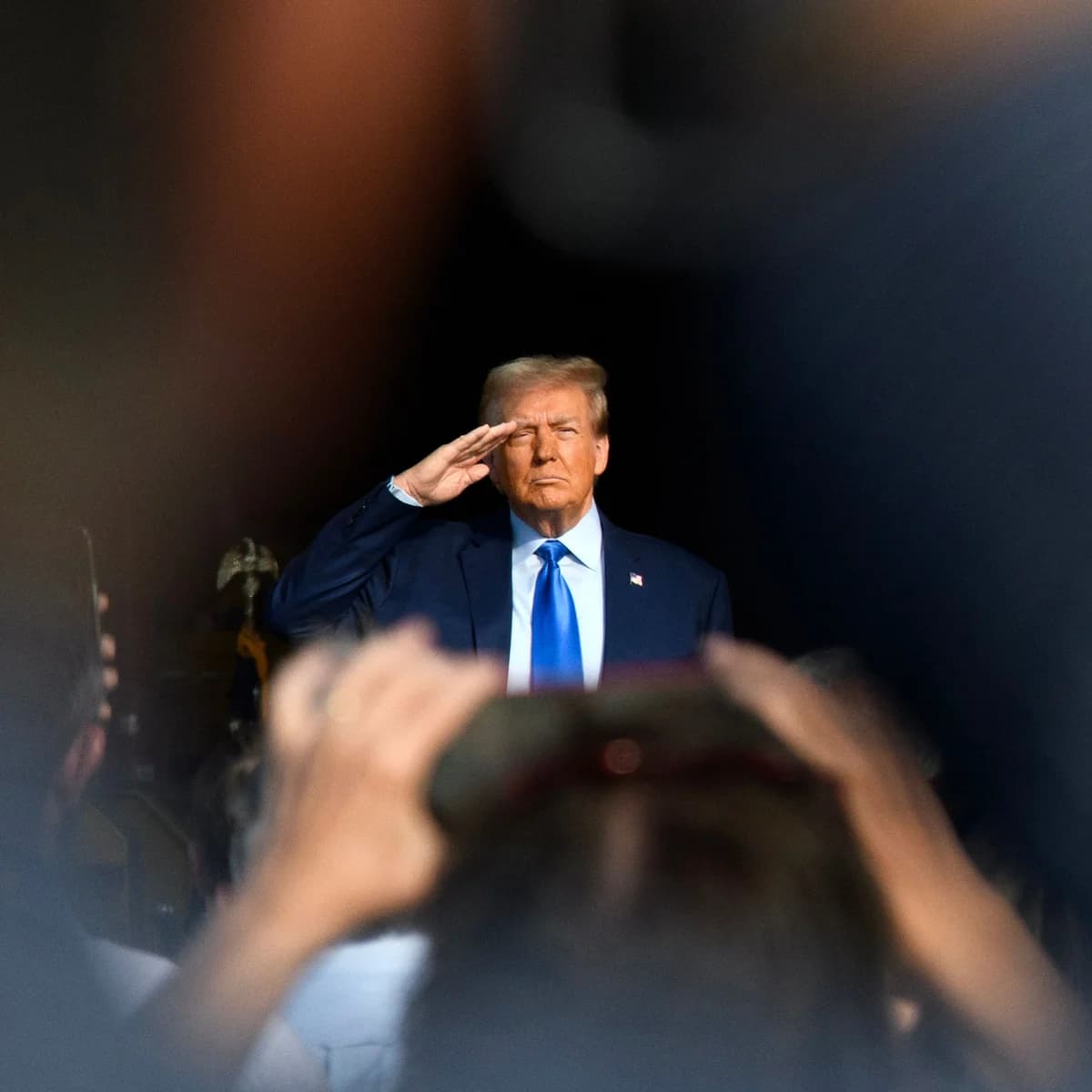We're loading the full news article for you. This includes the article content, images, author information, and related articles.
A new book alleges a politically-motivated purge of the US Federal Bureau of Investigation, raising concerns in Kenya and globally about the stability of democratic institutions and the potential impact on American foreign policy.

WASHINGTON D.C. – A new book by two award-winning journalists alleges that senior White House aide Stephen Miller was the principal driver behind a purge of FBI agents who had investigated former US President Donald Trump, raising profound questions about the independence of American law enforcement institutions. The book, "Injustice: How Politics and Fear Vanquished America’s Justice Department," by Carol Leonnig and Aaron Davis, details a campaign of retribution that began just weeks into Trump's second term.
According to an excerpt obtained by The Guardian, the effort was designed to satisfy the president's desire for revenge against those he perceived as political enemies within the justice system. The book claims Miller, serving as White House deputy chief of staff, pressured the Department of Justice (DOJ) to remove agents involved in probes into the January 6, 2021, Capitol insurrection and Trump's handling of classified documents.
At the center of implementing these directives was Emil Bove, a former Trump defense lawyer who was appointed acting deputy attorney general in January 2025. The book quotes Bove confiding in FBI leaders, “Stephen Miller is breathing down my neck.” Bove reportedly demanded a list of all agents and supervisors from the Washington field office who participated in the politically sensitive investigations, a request the FBI leadership resisted.
While the events are centered in Washington, the allegations of politicizing a nation's premier law enforcement agency carry significant weight for international observers, including in Kenya, where the independence of the judiciary and police is a cornerstone of democratic governance and a frequent subject of public debate. The alleged actions represent a challenge to the institutional norms that separate political power from the impartial administration of justice.
Analysts suggest that an American administration consumed by internal score-settling could signal a significant shift in foreign policy priorities. For Kenya, a key strategic partner to the United States in security, trade, and health, any deprioritization of multilateral engagement could have tangible consequences. During his first term, President Trump's administration elevated the US-Kenya relationship to a Strategic Partnership and initiated talks for a bilateral trade agreement. However, a second term focused on an "America First" ideology might reduce funding for established programs like the President's Emergency Plan for AIDS Relief (PEPFAR) and alter security cooperation vital for regional stability, particularly in the fight against terror groups like al-Shabaab.
This inward-looking posture could also create a vacuum on the continent, potentially strengthening the influence of other global powers like China and Russia. The lapse of the African Growth and Opportunity Act (AGOA) in September 2025, without a clear replacement, has already created economic uncertainty for Kenyan exporters.
Stephen Miller has been a prominent and controversial figure in Trump's circle, known for his hardline anti-immigration views and his role in shaping the administration's most contentious policies. His official title in the second term is deputy chief of staff for policy and homeland security adviser.
Emil Bove served on Trump's legal defense team in several criminal cases before his appointment to the Justice Department. He was confirmed as a U.S. circuit judge in July 2025 after serving as acting deputy attorney general from January to March 2025.
The book by Leonnig and Davis argues that the pressure campaign on the FBI is part of a broader effort by the Trump administration to assert political control over a justice system that it has long accused of bias. These developments are being closely watched by allies and adversaries alike, as the perceived erosion of democratic institutions in the United States could have far-reaching consequences for the global political order.
Keep the conversation in one place—threads here stay linked to the story and in the forums.
Sign in to start a discussion
Start a conversation about this story and keep it linked here.
Other hot threads
E-sports and Gaming Community in Kenya
Active 9 months ago
The Role of Technology in Modern Agriculture (AgriTech)
Active 9 months ago
Popular Recreational Activities Across Counties
Active 9 months ago
Investing in Youth Sports Development Programs
Active 9 months ago